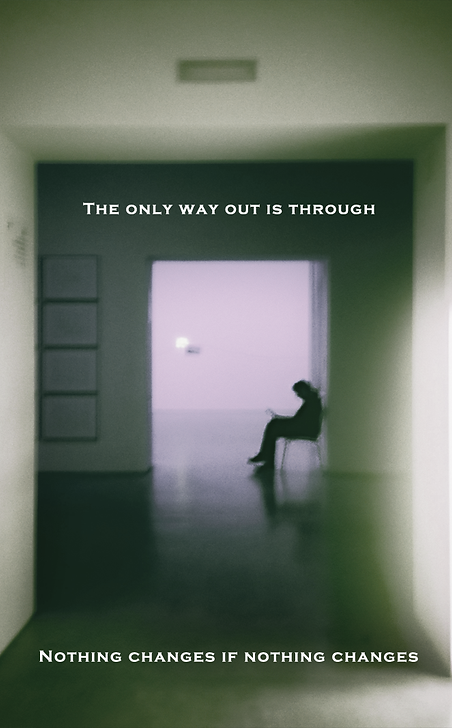
Sanctuary Therapy Rooms
North London
Therapy & counselling services for clients & therapists
Seeking Therapy
How do you know what the right type of therapeutic help is for you? Taking the first step towards seeking therapy can be daunting, especially if you’re unfamiliar with it. You may feel overwhelmed by the different therapeutic modalities available, such as humanistic, cognitive-behavioural, integrative, or mindfulness-based talking therapies, and unsure of which therapist will best meet your needs.
Therapists and counsellors help individuals navigate a variety of challenges, from feelings of confusion and lack of direction, to stress, anxiety and relationship issues. The process can feel complicated due to fear of judgment or uncertainty about what to expect.
If you're unsure which therapist or treatment is right for your personal needs, know that you are not alone. Sanctuary Therapy can guide you through this process and answer any questions you may have, helping you take that important first step toward healing. If you are interested in taking the next step, please get in touch with us to schedule an initial assessment.
Sanctuary Therapy For Clients
Why see a therapist here? Well, there is a soul-to-soul quality about doing therapy, no matter the approach or training background of the therapist. Doing this in the right setting makes a difference. If the quality of the space looks after the therapist, then the therapist can do better at looking after you.

Therapy Assessment: How clients can ensure a 'perfect match' with a therapist
We offer an assessment service which does this matching. This is a consultation process that helps match individuals with the most suitable therapist based on their specific needs, preferences, and treatment goals. During this assessment service, a trained professional evaluates the client's concerns, therapy history, communication style preferences, and any specific requirements (such as cultural background or specialised expertise) to provide personalised therapist recommendations and referrals.
Please get in touch with us using my phone number, email or the form on the contact page if you're interested in this opportunity.
Openness Relating To The 'Client & Therapist Relationship':
The client/therapist relationship is core to both sides. The therapeutic relationship serves as the foundation for healing, built on trust, empathy, and unconditional positive regard between client and therapist. When clients feel genuinely understood and accepted without judgment, they become more willing to explore vulnerable emotions and develop new insights about themselves.